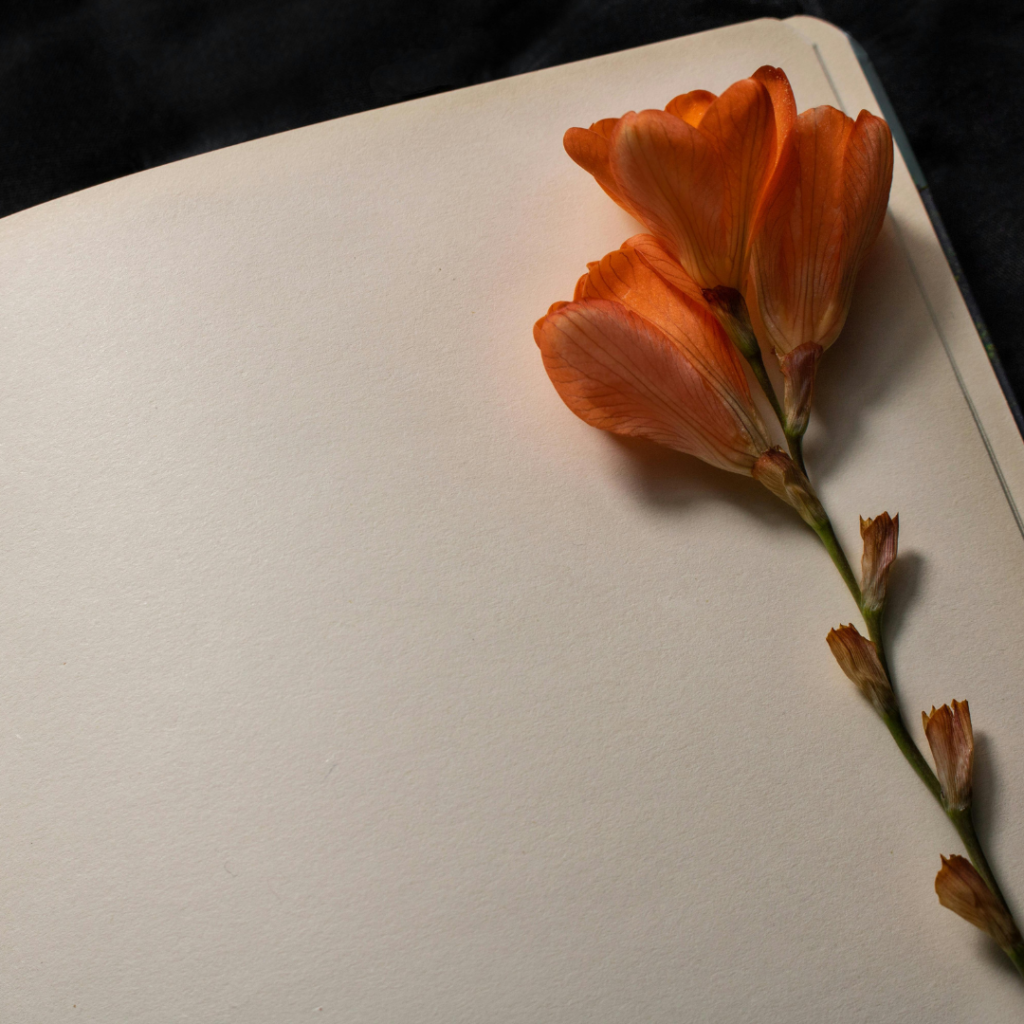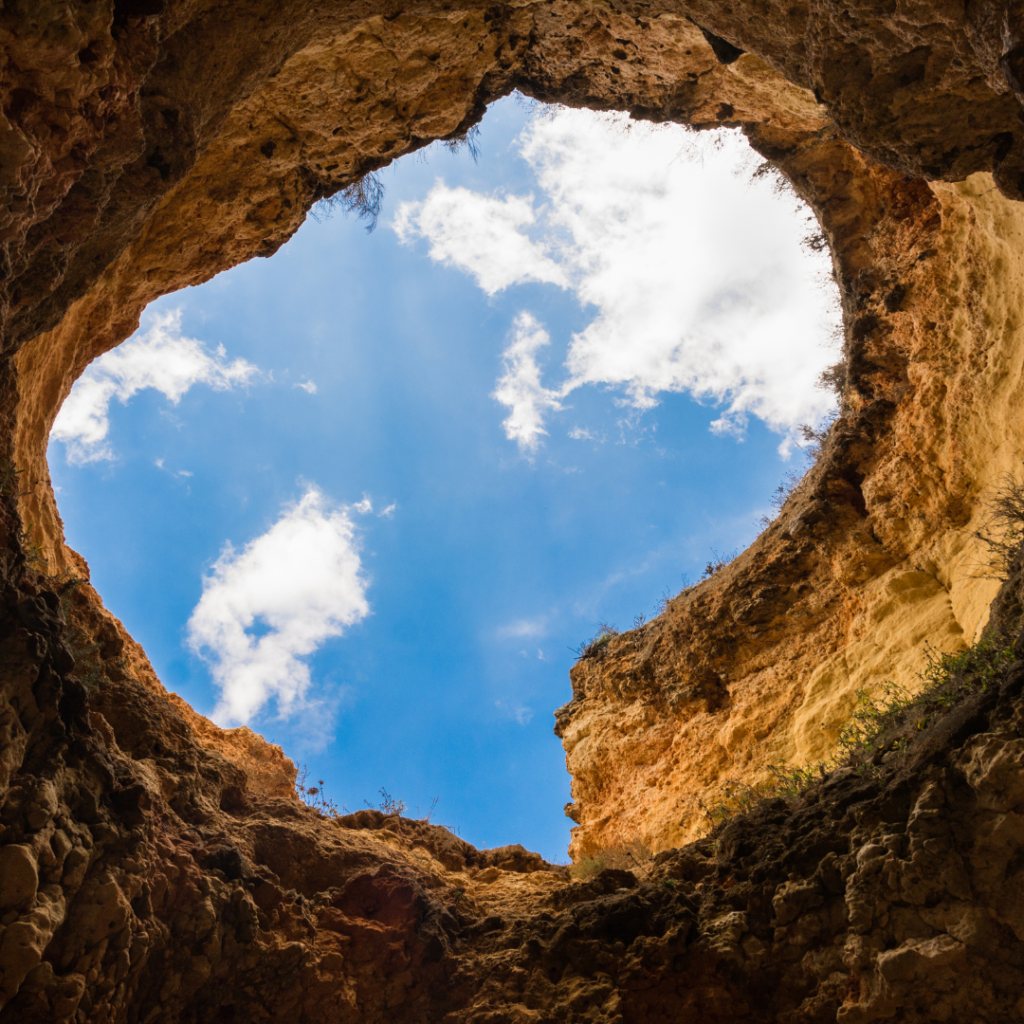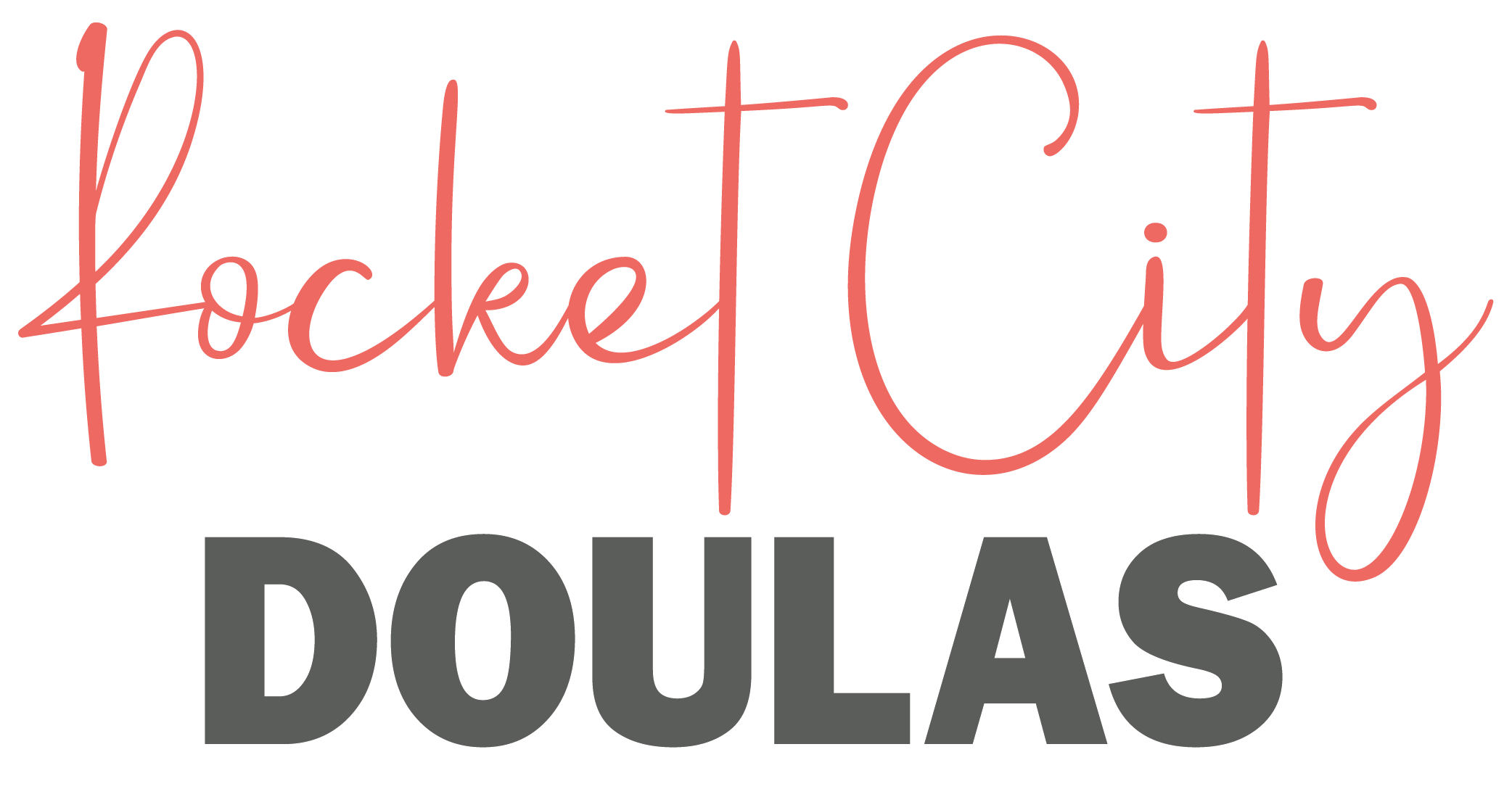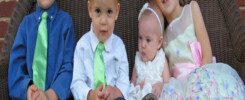Honoring Infertility Awareness Week: My Journey as a Doula and Woman with POF

Hi there! For the purpose of this story — and because sharing something so personal can feel a little vulnerable — I’m introducing myself as the Anonymous Doula.
I’m a birth and postpartum doula, a nutritionist, and a women’s health educator with a Master’s degree in Food Science, focusing on the effects of diet on reproductive hormones. I’m new to Rocket City Doulas, but birth work and women’s health have been lifelong passions of mine.
I have always been in awe of the beauty and strength of women’s bodies — how we are uniquely capable of creating, carrying, growing, and bonding with life.
I have always been in awe of the beauty and strength of women’s bodies — how we are uniquely capable of creating, carrying, growing, and bonding with life. While my love for birth work, newborns, and children runs deep, my own personal experience with fertility has been a challenging and emotional journey. At times it feels lonely and uncomfortable to share — sometimes too personal and isolating — but I know there are other women standing alongside me in this journey. Their stories have encouraged me during my lowest moments, held my heart when I needed to feel seen, and often felt like the hug I didn’t even know I needed.
At around 13 or 14 years old, I began experiencing what I now recognize as the early symptoms of premature ovarian failure (POF), also known as premature ovarian insufficiency — the loss of normal ovarian function before the age of 40, which mimics many symptoms of menopause.
At just 15 years old, I received a confirmed diagnosis. I was a sophomore in high school, navigating hot flashes, mood swings, night sweats, sudden weight gain, and the loss of my menstrual cycle — all while most girls my age were just beginning their puberty journey. I felt different from my friends, even if part of me was secretly a little relieved not to have a period (at least at first).
At that age, I was told that having children might one day be a challenge for me, but I couldn’t fully grasp what that would mean for my future. I spent years trying different birth control methods and struggling with the side effects. Despite the physical and emotional toll, I didn’t truly connect the dots between my diagnosis and my dreams of motherhood until much later in my twenties.
Fast forward to 2023: I had my first doctor’s appointment since my teenage years. I was devastated by the news. My FSH levels were alarmingly high. My ovaries were barely visible, with only one detectable. I was told that while hormone replacement therapy (HRT) might allow me to carry a baby, using my own eggs — or even pursuing IVF — would likely be a waste of time and money. I would need to consider using an egg donor.
Hearing those words felt like the ground fell out from under me. I had always pictured motherhood as something that would come naturally, something that would unfold in its own time. Instead, I found myself navigating grief, confusion, and a profound sense of loss.

Even now, years later, those words still echo in my mind. It felt like something so natural — something so fundamentally “ours” as women — had been taken from me.
I went through the stages of grief:
First, I blamed myself. Maybe if I had eaten better, gone to the doctor sooner, or taken better care of myself, things would have been different.
Next came the deep sadness of not being able to see my family’s features reflected in my own child — missing out on the conversations at family gatherings about which aunt or grandparent the baby resembles.
Then came guilt:
Guilt for being sad when I still had the possibility of carrying a child.
Guilt for the darkness that hung over me when I felt like I should be stronger, or more grateful.
Guilt when celebrating the pregnancies of my friends and family, feeling so full of happiness for them while quietly mourning my own losses.
How do you explain being genuinely joyful for others while feeling like your heart is breaking inside?
How do you show up fully while making sure no one feels bad for sharing their excitement — without making them feel like they have to walk on eggshells around you?
Because that would only deepen the isolation I already felt.
There are still days when it feels like I can’t catch my breath under the weight of all these emotions.
And if I’m being honest — I’m still learning how to pull myself out of the whirlwind.
There are still days when it feels like I can’t catch my breath under the weight of all these emotions.
But somewhere in this journey, I have found hope. I have found myself in the diagnosis, without allowing it to define me. I have used this experience to fuel my passion for health, wellness, and birth work.
And I pray that at the end of all this, we each feel the love and embrace we once feared were impossible — that the love we have so selflessly shared with every little person in our lives will one day be poured into a child of our own.
And I pray that at the end of all this, we each feel the love and embrace we once feared were impossible — that the love we have so selflessly shared with every little person in our lives will one day be poured into a child of our own.
Thank you for reading my story.
(And if it feels right, imagine a heart here)
In honor of Infertility Awareness Week, I wanted to share my journey:
To the moms who have overcome infertility struggles, to the women still fighting their battles, to the ones newly diagnosed or silently carrying the pain — you are not alone.
Your feelings are valid.
Your journey matters.
Your time will come.
Even as a birth worker — surrounded daily by the beauty of new life — I have days where the weight of infertility feels crushing. But I hold onto the belief that there is light at the end of the tunnel for all of us.
This struggle has given me a new perspective:
It has taught me to honor silent battles, celebrate small wins, and prioritize creating spaces of true safety and support for every woman I walk beside.
As I continue to learn and grow in my work, I am deeply committed to supporting women at every stage of their journey to motherhood — no matter what that journey looks like.
A huge thank you to our doula for sharing their post Honoring Infertility Awareness Week: My Journey as a Doula and Woman with POF. We are forever grateful to people who trust us enough to share their story. – RCD


